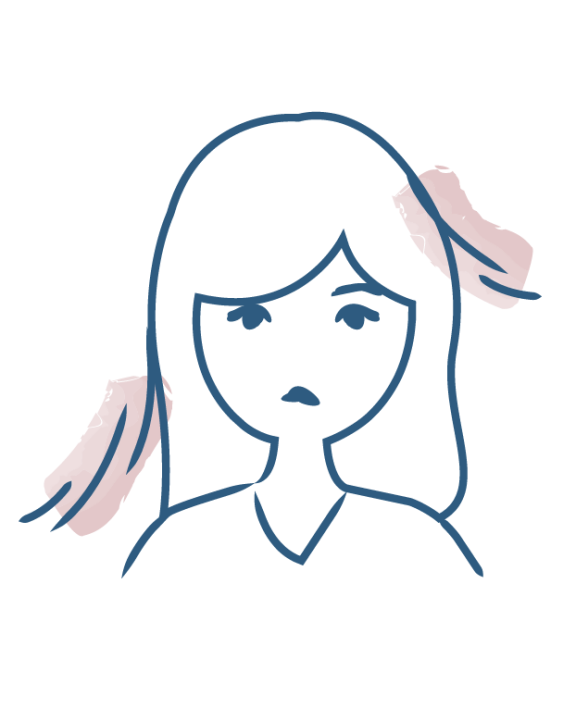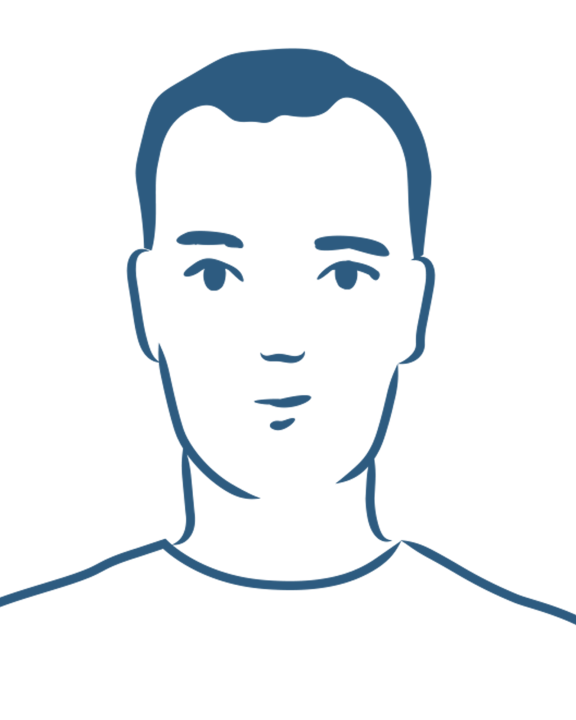Anti-chronic hair loss for men over 6 months
Are you losing your hair?
Cancer and hair loss

Hair loss is a common side effect of treatments used to fight various cancers. Beyond the disease, the psychological impact of this hair loss can be significant and a source of fear or distress for the people affected. Simple habits and adapted care can be applied to accompany hair loss and regrowth.
Cancer and hair loss: the side effect most dreaded by patients. The various treatments prescribed to fight cancer often have an impact on the hair:
Beyond the diagnosis and the symptoms of cancer, hair loss is often difficult to live with. It affects self-image, one’s sense of femininity in women, makes the disease visible to others and is also a constant and daily reminder of its presence. Simple habits can be put in place on a daily basis to better manage this ordeal and take care of hair loss during cancer:
Discover our complete range

ANAPHASE
Anti-hair loss complement shampooHair loss

Are you experiencing hair loss?

Are you experiencing hair loss?

Are you experiencing hair loss?
